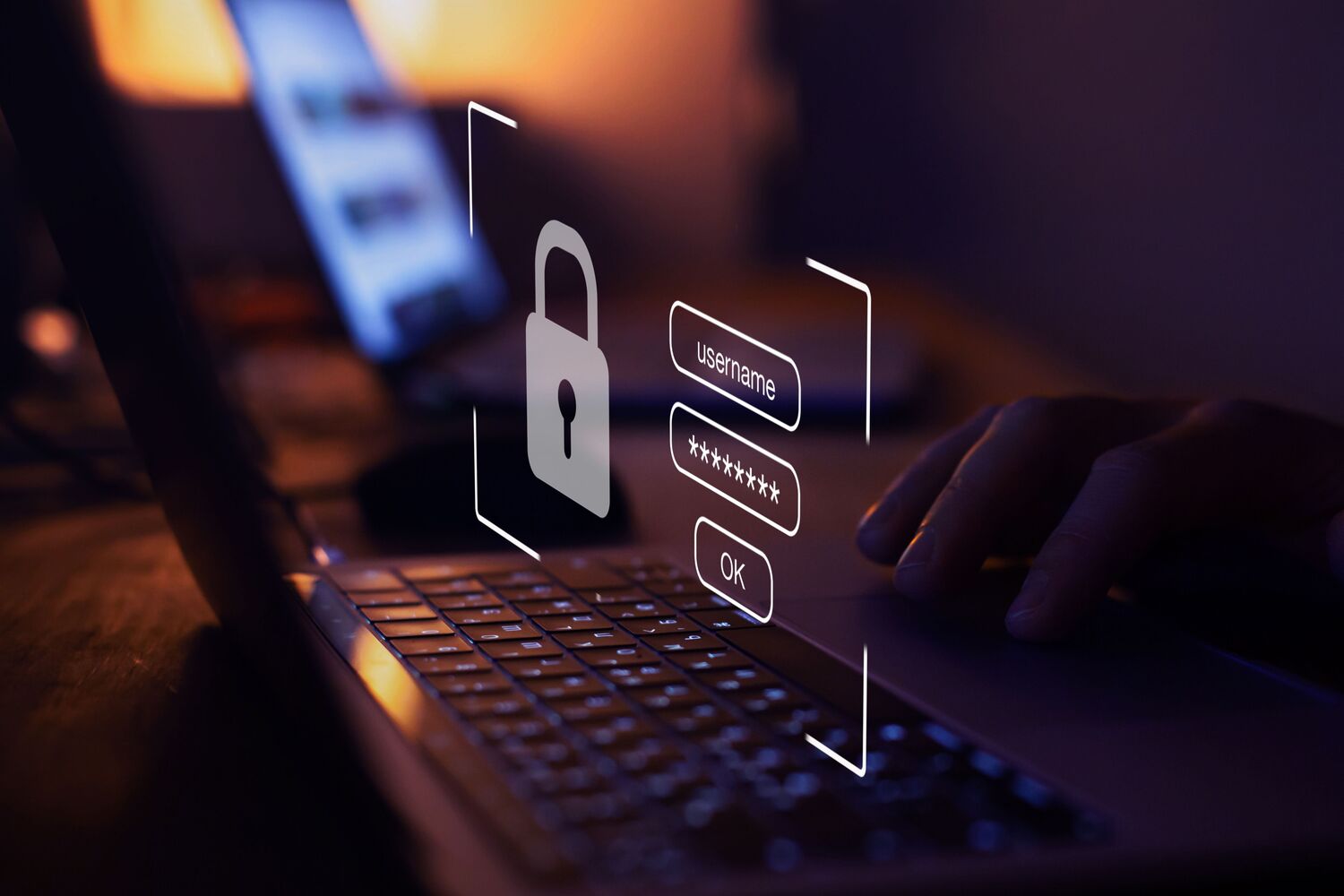Cybersecurity is no longer a luxury or an afterthought for small businesses—it’s a necessity. With the evolving cyber threat landscape, small businesses in Pomona and across California face risks that could compromise sensitive data, disrupt operations, and damage their reputations. These risks make understanding and implementing robust cybersecurity practices more critical than ever before. This guide outlines essential cybersecurity strategies for 2025, empowering small business owners to protect their enterprises and customer trust effectively.
Why Cybersecurity Matters More Than Ever
Cyber threats have grown increasingly sophisticated, and small businesses are now prime targets for cybercriminals. Why? Because small enterprises often lack the extensive protective infrastructure of larger corporations, making them perceived as “easy targets.” A single cyberattack could have devastating consequences, from financial loss to legal repercussions due to breached customer privacy.
California businesses, especially in thriving community hubs like Pomona, must prioritize cybersecurity to prevent such scenarios. Whether you handle sensitive customer information, financial data, or proprietary business details, protecting these assets builds trust and safeguards your hard-earned reputation in a competitive marketplace.
Proven Strategies to Protect Your Business
1. Prioritize Employee Awareness and Training
The first line of defense in any cybersecurity plan is your team. Human error, such as clicking on phishing emails or using weak passwords, is one of the leading causes of breaches. Regular training sessions on identifying suspicious activity, safeguarding login credentials, and following security protocols can make a significant difference in preventing attacks.
- Action Tip: Schedule quarterly cybersecurity training for all staff, ensuring they stay updated on the latest threats.
2. Leverage Multi-Factor Authentication (MFA)
Passwords alone are no longer enough to secure sensitive data. Multi-Factor Authentication adds an extra layer of protection by requiring users to verify their identity through two or more means, such as a password and a one-time code sent to their smartphone.
- Action Tip: Implement MFA across all business systems and encourage employees to enable it on their work accounts.
3. Keep Software Updated
Outdated software creates vulnerabilities that cybercriminals exploit. Ensure that you’re running the latest versions of operating systems, apps, and security tools. Regular updates patch known vulnerabilities and reduce the risk of attacks.
- Action Tip: Enable automatic updates and conduct monthly checks to confirm all systems are current.
4. Use Robust Antivirus and Firewall Solutions
Protecting your network and devices with reliable antivirus and firewall software acts as a safety net against malware, ransomware, and unauthorized access. These tools detect and block malicious activities, allowing you to respond promptly to potential threats.
- Action Tip: Invest in trusted antivirus software and configure firewalls to safeguard your internal networks.
5. Backup Critical Data Regularly
Data loss caused by ransomware attacks or system failures can bring a business to a halt. Regularly backing up critical files ensures that you can recover quickly in the event of an incident without suffering prolonged downtime.
- Action Tip: Use cloud-based backup solutions with encrypted storage for added security.
Tools, Software, and Practices Essential in 2025
Advances in technology provide small businesses with innovative tools to bolster cybersecurity efforts. Here are some essential solutions to consider in 2025:
- Endpoint Detection and Response (EDR) Tools: These tools monitor and protect devices like laptops and smartphones from security threats.
- Password Managers: Securely store and generate complex passwords to eliminate weak password-related vulnerabilities.
- Threat Intelligence Platforms: Stay ahead of cyber risks with software that identifies and predicts emerging threats.
- Zero Trust Architecture: Employ a “never trust, always verify” approach to all connections and devices in your network.
Investing in these tools can deliver peace of mind and support your business continuity. Many of these solutions are affordable and scalable, making them an excellent fit for small enterprises.
Simple and Affordable Cybersecurity Tips
Even with limited budgets, small businesses can take meaningful steps to enhance their cybersecurity posture. Consider these easy-to-implement practices:
- Secure Your Wi-Fi Network: Use strong encryption (like WPA3) to keep hackers out of your network.
- Establish Clear Access Controls: Restrict systems and sensitive data to authorized users only.
- Conduct Regular Security Audits: Identify potential gaps in your defenses and address them right away.
Implementing even a few of these changes can significantly improve your cybersecurity, making it harder for attackers to gain access to your systems.
Empower Your Business with the Pomona Chamber of Commerce
Cybersecurity is a shared responsibility, and small businesses don’t have to tackle these challenges alone. Through collaboration, resources, and ongoing education, the Pomona Chamber of Commerce is here to support your business every step of the way.
Ready to grow, connect, and lead in our vibrant local economy? Join the Pomona Chamber of Commerce and become part of a network dedicated to supporting businesses like yours.
📞 Contact us today at (909) 622-1256 or 📧 info@pomonachamber.org — let’s build a stronger business community together.




